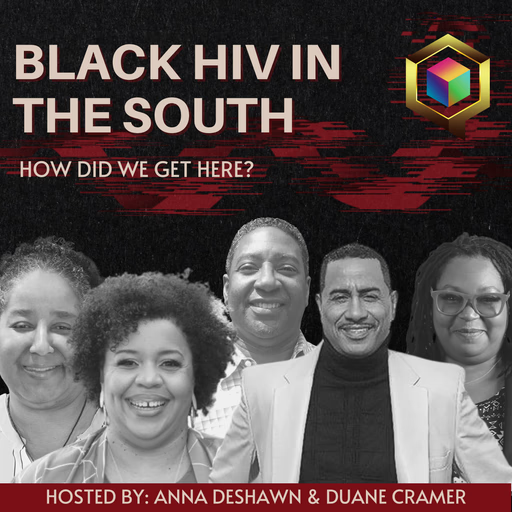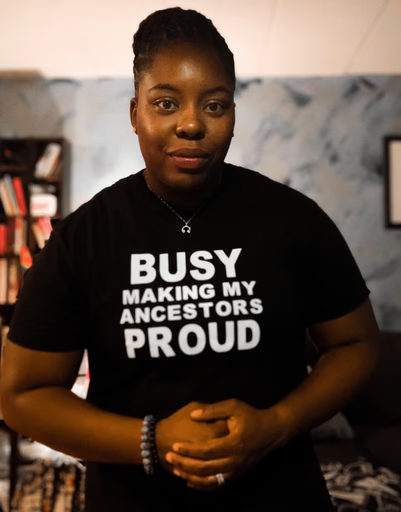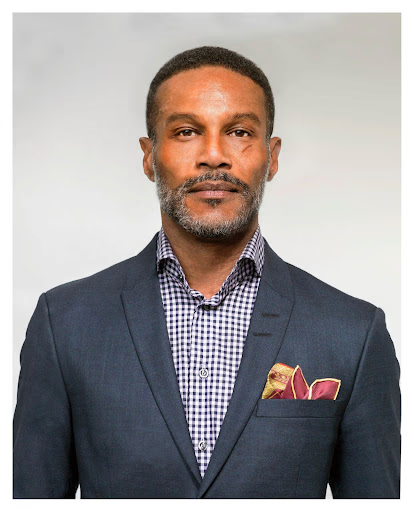Today, HIV doesn’t have the same hold it once did due to tireless advocacy, funding, and science. People aren’t dying at alarming rates but we still haven’t met the goal of zero new infections. It’s a preventable disease that doesn’t have a cure but it does have solutions. So, why do Black people in the South comprise 38% of the population but 52% of all new HIV infections? How has what reportedly began in California in 1981 found its way to the South in 2022? This is what we will explore in this podcast Black HIV in the South: How Did We Get Here?

Black HIV in the South: How Did We Get Here?

Hosted by

Anna DeShawn
She/Her
Anna, pronouns anything respectful, is a Chicago-born social entrepreneur who builds streaming platforms which center & celebrate BIPOC & QTPOC creatives. Media has always been her passion and in 2009 she turned that passion into a reality when she founded E3 Radio, an online radio station playing Queer music & reporting on Queer news with an intersectional lens. Most recently, she co-founded The Qube, a podcast production company and curated platform to discover the best music & podcasts by BIPOC & QTPOC creatives. Anna is an award-winning podcaster determined to ride media into its next era by utilizing digital media streams to tell the stories and play the music that deserves to be heard.

Duane Cramer
He/Him
Since being diagnosed with HIV 27 years ago, Duane Cramer has become a tireless advocate for HIV awareness and education, using his photography and creative skills to bring attention to the disease. Duane is an internationally known, award-winning photographer. He is well known for his photography-based HIV awareness visuals, and particularly for his efforts in the African-American community, which has been disproportionately affected by HIV. In addition, his poignant photos of dignitaries, celebrities and everyday-individuals gracefully capture the humanity of his subjects. Duane’s work, which has been favorably compared to the late Gordon Parks and Herb Ritts for his compelling black and white imagery, has been published around the world.